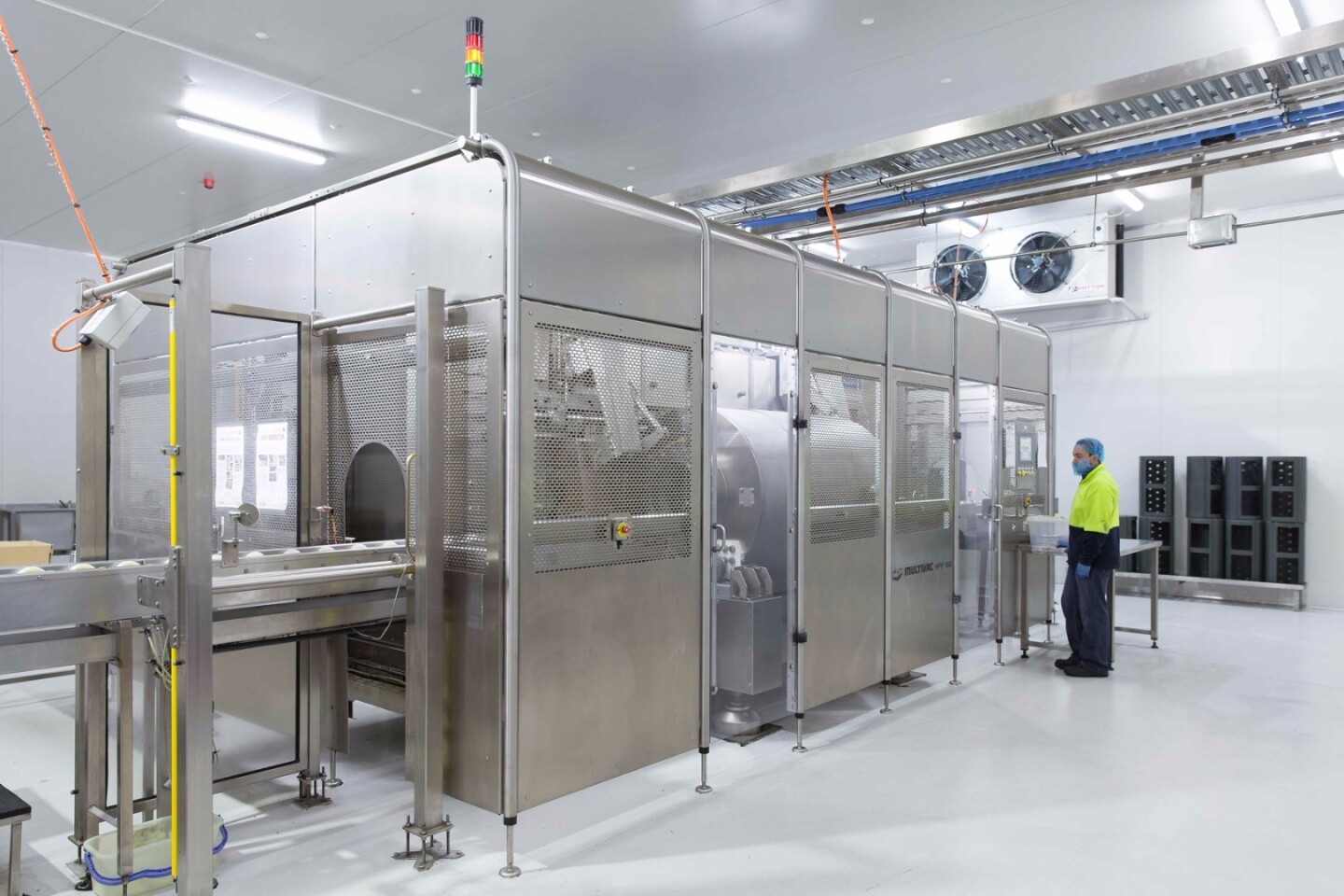Before we drink cow's milk, it is routinely pasteurized and homogenized to make it safe and consistent. Australian outfit Made by Cow says that this eliminates much of its goodness and flavor, so has created a new cold press method that makes it safe to drink much closer to its fresh state.
When milk is fresh from a cow, it is typically far richer than what we purchase in stores. If left to settle, it develops a layer of cream on top and contains vitamins like A, B1, B2, B12, and potassium. The homogenization process breaks down the cream to create a more liquefied consistency throughout, while pasteurization heats the milk to eliminate harmful bacteria, but can also reduce the nutrient content of the final product (although there is some debate about this).
Made by Cow (MBC) says its alternative cold-pressure approach is a world first, with the milk going from cow to bottle within a matter of hours. The company explains that it is then put under intense "isostatic cold water pressure." Here, cold water is used to compress both the bottle, which is plastic so as to flex, and the milk inside.
The exact "pressure and time recipe" is subject to a patent application, so details are scant. The firm has revealed that the bottle and milk are compressed by around 15 percent for several minutes, using large pumps to generate pressure equally from all sides.
MBC reports that "bacteria can't withstand the pressure we subject them to" and so are eliminated, while the cold temperature of the water reportedly ensures that the process is gentler on the milk's nutritional profile.

MBC claims that the resulting produce is creamier and more vitamin-rich than conventionally processed milk and that it will actually last slightly longer, too, though specifics are not yet available.
The firm is currently running tests and tells Gizmag that early results appear to confirm that its cold-pressed milk has a vitamin profile closer to raw milk than does pasteurized milk. Data will be published online when testing has been completed.
The Food Authority of New South Wales has approved Made by Cow's cold pressure method as being as safe or safer than heat pasteurization. The milk first went into Australian stores earlier this month.
The video below provides an explanation of the cold-pressing process.
Source: Made by Cow





